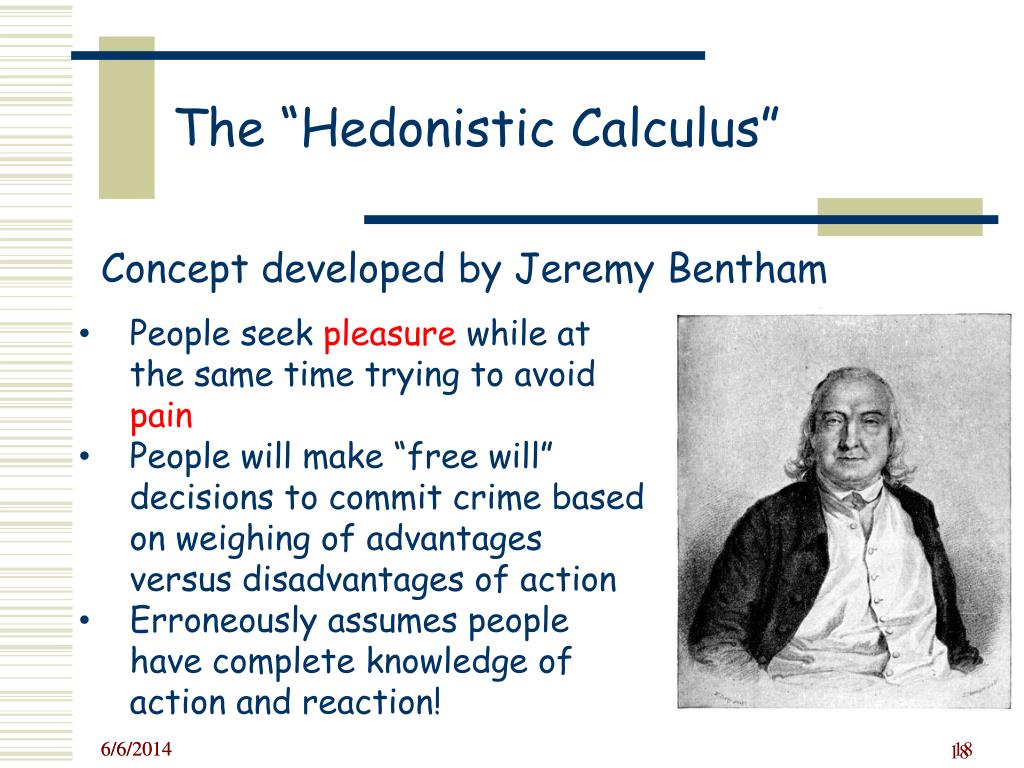

Writings: first, the consequences of our actions – short term and long term – Most of the key elements of utilitarianism can be found in Hutcheson’s Irish/Scottish philosopher Francis Hutcheson (1694-1747) also linked moralityĪction is best, which procures the greatest happiness for the greatest number.’ hedonism), is the single standard by which our actions should be judged. Utilitarianism is not the invention of any single philosopher and its roots can be traced back to ancient Greece and specifically, the writings of Epicurus (341 – 270 BCE), who argued that the gaining of pleasure and avoidance of pain (i.e. Anyone who thinks that this is getting away from the world of Religious Studies obviously hasn’t come across former Professor of the subject Andrew Rawlinson’s brilliantly bonkers The Hit: Into the Rock ‘N’ Roll Universe and Beyond, a book length exploration of the tendency of this form of music to induce religious experiences. But which band rates as the most hedonistic of all time? My vote would go to Manchester’s Happy Mondays (who also had the best dancer in Bez – see above).

Hedonism is a trait most typically associated with the Rock and Roll lifestyle. Note that Bentham and Mill, along with Henry Sidgwick, are sometimes referred to as classical utilitarians. This practice is justified only if it produces a greater amount of general On the issue of capital punishment, hedonistic utilitarians would argue that Hedonistic utilitarians like Bentham and Mill argue that morality is determinedĪccording to how much pleasure or pain is produced from a course of action e.g. Utilitarianism championed by Jeremy Bentham, John Stuart Mill, and the less The most famous versions of the theory emerged in the 18 th and 19 thĬenturies, particularly in the hedonistic Appeals to duty, moral intuitions or God’s wishes are not relevant. It is therefore a consequentialist and teleological ethical theory, and in Morality of an action is therefore the amount of collective happiness generatedīy it.

Utilitarians believe that the only relevant factor in determining the Number of people affected by that action. Physical sensations of pleasure provides them with a powerful incentive to doĪn action is right if it produces the greatest happiness for the greatest Is an ethical theory that proceeds from this basic observation.Īlso attempting to develop a theory that would motivate us to do the right thing. Specifically on the fact that human beings prefer pleasure to pain. Thought that morality could and should be based on human psychology, As will be seen later on in these notes, Jeremy Bentham This, in turn, meant that morality could no longer be based on God. Simply, many European intellectuals at this time had begun to doubt whether GodĮxisted. The principles in the light of the evidence. Rational thought begins with clearly stated principles, uses correct logic toĪrrive at conclusions, tests the conclusions against evidence, and then revises Intellectual ideas. This new way of thinking also involved the idea that It promoted scientific thought, scepticism, and the sharing of Tradition and faith, and to advance knowledge through the scientific Its purpose was to reform society using reason, to challenge ideas grounded in Western Europe which emphasised rationality and greater individualism. Movement of intellectuals beginning in late 17 th century Product of something called ‘the Enlightenment’. Utilitarianism is an ethical theory that can be seen as a With reference to the ideas of J Bentham and J S Mill. Utilitarianism, the development of the theory, including Preference, NegativeĪnd Ideal Utilitarianism, the application of the theory in historical andĬontemporary ethical situations, including political and social reform, theī) Strengths and weaknesses of the theory and its developments, appropriateness of its continuing application and use, assessment of relevant examples, change in the law and social attitudes vis a vis the theory, compatibility or otherwise with religious approaches. Including social, political and cultural influences, the significantĬontribution of Bentham and Mill to a recognised theory. Pleasure, hedonism and happiness, influences on the emergence of the theory, From the Edexcel Religion and Ethics Syllabus


 0 kommentar(er)
0 kommentar(er)
